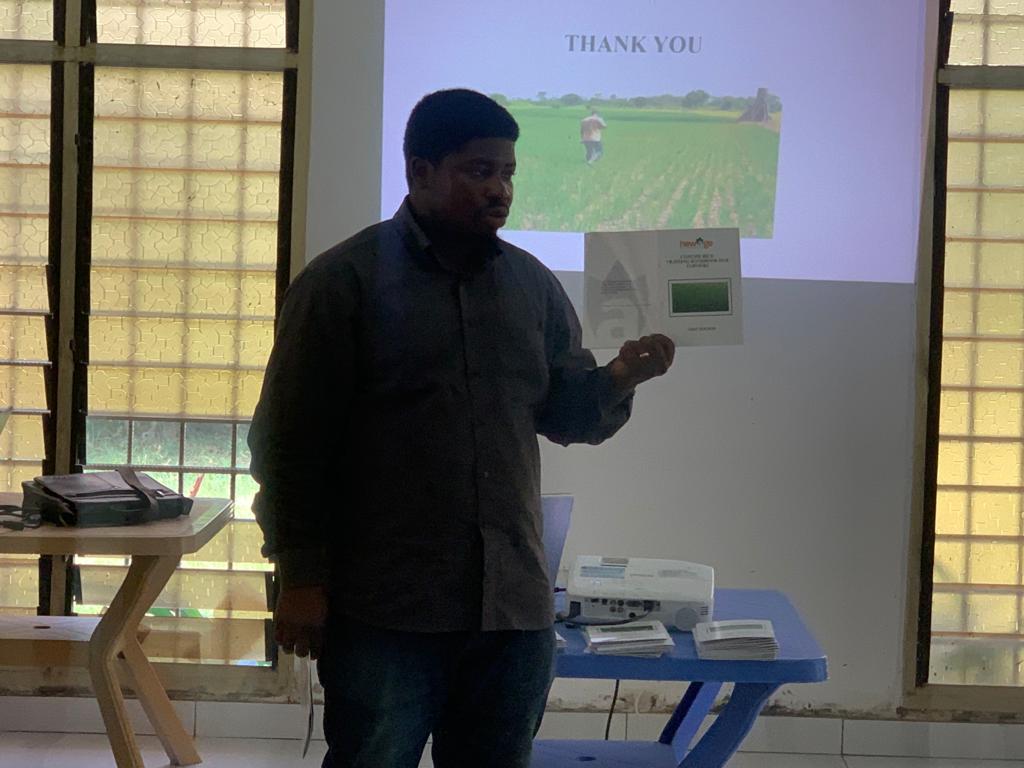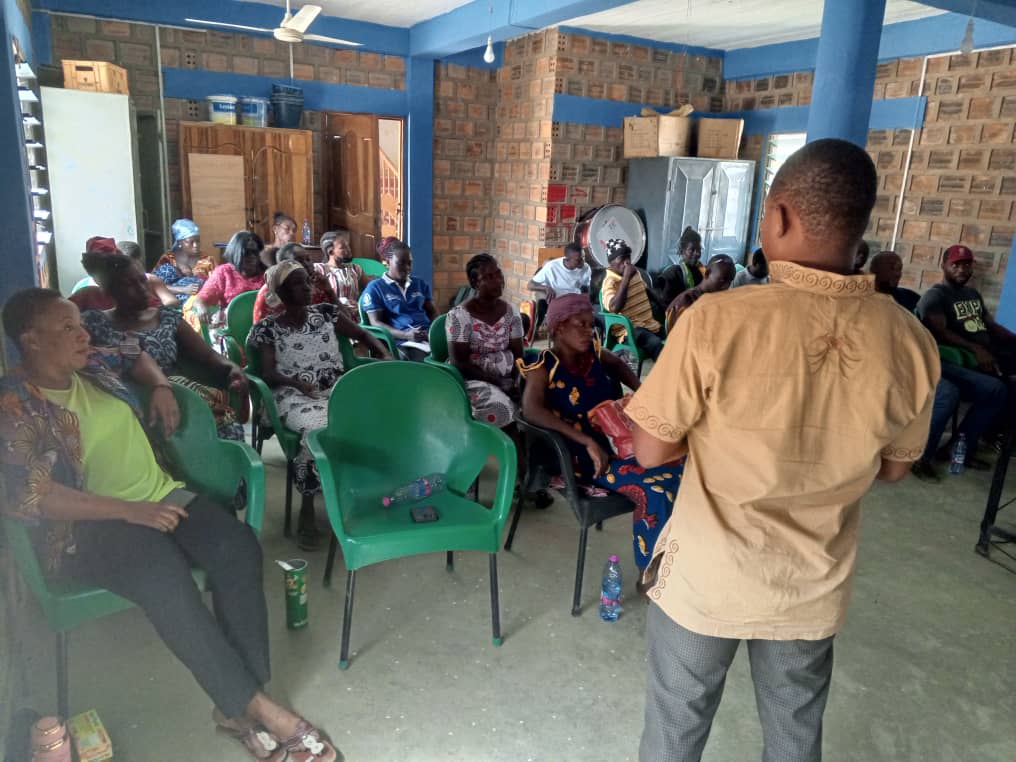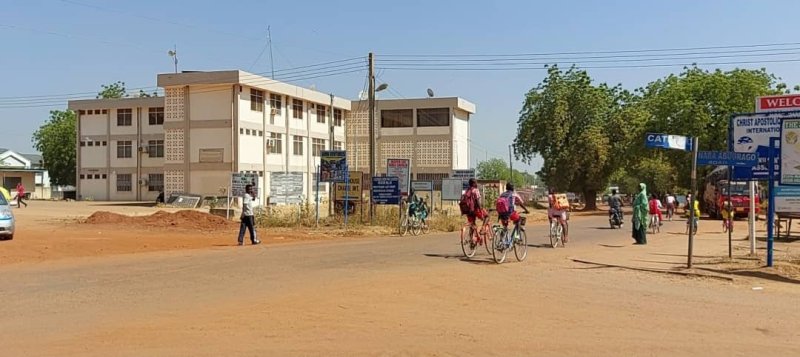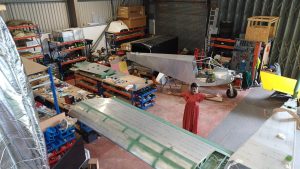
The Ghana National Association of Farmers and Fishermen (GNAFF) has lauded government’s decision to waive import duties on agricultural processing machinery, describing it as a significant step toward modernising the sector and improving productivity.
GNAFF described the decision as “bold and progressive” in a statement signed by its spokesperson, Nana Oboadie Boateng Bonsu II.
It comes at a crucial time when farmers and fisherfolk are calling for greater access to affordable and efficient farming tools, equipment and mechanised services, its statement read in part.
GNAFF believes the move could lower production costs, boost productivity, reduce post-harvest losses and promote value addition – key challenges in a sector that contributes about 20 percent of Ghana’s GDP and employs over a third of the population.
Post-harvest losses alone are estimated at around US$2billion annually, largely due to inadequate processing and storage facilities.
The association also welcomed government’s plan to establish 11 agricultural mechanisation service centres equipped with over 600 machines under the Ministry of Food and Agriculture, saying it will benefit farmers beyond importers and businesses.
President John Dramani Mahama announced the establishment of 11 new Farmer Service Centres as part of a nationwide initiative to modernise agriculture and improve access for smallholder farmers.
The focus on mechanisation, according to the president, is part of a broader strategy to strengthen agribusiness, boost productivity and support Ghana’s 24-hour economy vision through targetted public investment and industrial policy.
Farmers will be required to register at their nearest centre and will be able to request services during the farming season without the burden of owning and maintaining expensive machinery.
“What farmers really need is not to own tractors and combine harvesters, but access to the services,” he noted.
The president said government is implementing the ‘Feed the Industry’ programme to transform agri-processing industries into sustainable engines of economic growth by securing consistent high-quality supply chains.
This will include post-harvest growth solution centres and processing infrastructure will be established as industrial hubs with aggregation, storage and processing facilities in major agricultural zones.
The post Editorial: Farmers and fisherfolk laud agri-business strategy appeared first on The Business & Financial Times.
Read Full Story



























Facebook
Twitter
Pinterest
Instagram
Google+
YouTube
LinkedIn
RSS